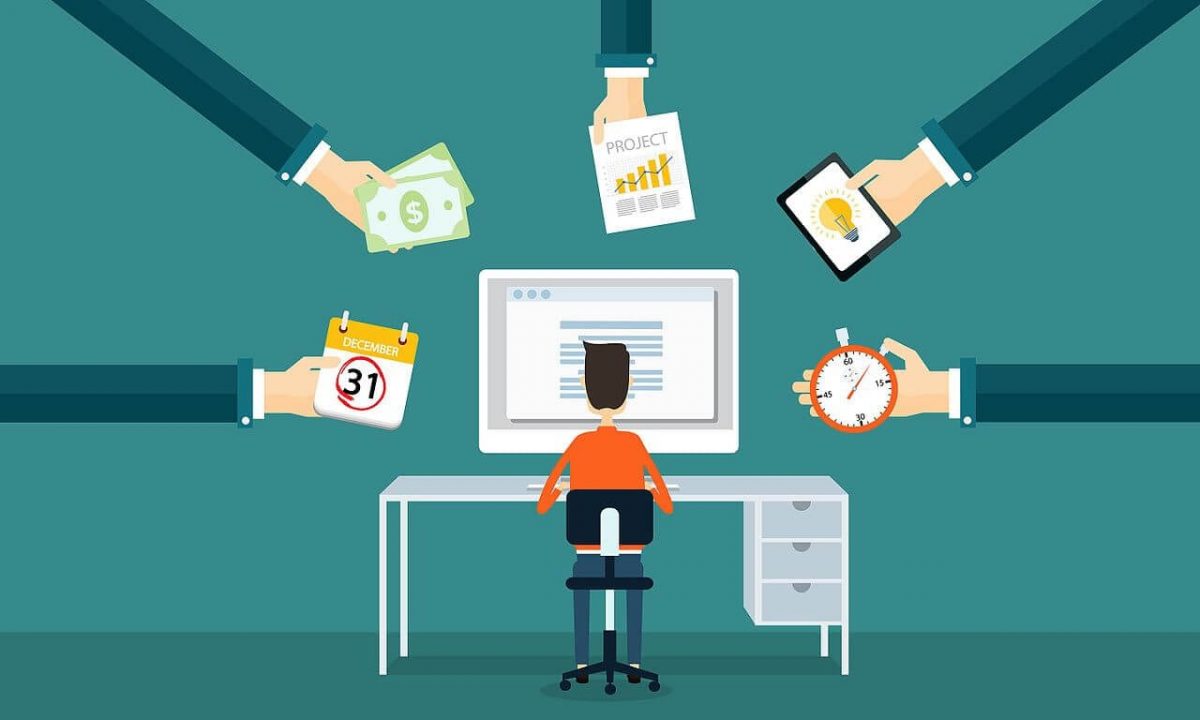Last week we introduced Alpha brainwave states. Alpha brainwaves measure at 8 – 15 cycles per second (Hz), and tend to come about during acts of “metacognition” – or thinking about how you think. This state of reflection is crucial for learning, adapting, strategizing, and performing at the highest possible level. In order to enter into alpha brainwaves and strategic thinking, you need to relax your body while keeping your mind engaged so you can explore the things you want to achieve. One thing that can get in the way of this? Stress.
As we’ve discussed previously, acute stress is an evolutionary mechanism that helps us recognize and react to a threat appropriately. When we perceive something as threatening, our sympathetic nervous system (the “fight or flight” system) dominates, causing a cascade of events including increased heart rate and blood pressure, heightened senses, increased brain activity, a boost in energy, and elevated immune response. All of these events give us a better chance of survival if we come face to face with a sabre tooth tiger. But they also improve our ability to perform – whether it be an athletic event, test, or presentation.
The opposite response is relaxation and calm, which is regulated by the parasympathetic nervous system (the “rest and digest” system). Think of these two responses like the gas pedal and the brake on a car. The sympathetic system gives us bursts of energy so we can deal with the environment, and the parasympathetic system helps us rest and calm down after the danger has passed.
The problem is that we often don’t know the difference between a real and perceived threat, and we can get into a state of chronic stress. If we’re in a state of chronic stress, our immune system gets depleted and we become susceptible to more illness and infection. Chronic stress can also lead to anxiety, depression, and sleep disorders. Our bodies just aren’t meant to be in this survival state all the time – eventually we wear down.
The other problem is that when you are in a state of fight or flight, with stress hormones coursing through you, it’s nearly impossible to settle into a state of reflection or increased awareness. The key is to make sure that each day you take some time to break the stress cycle and activate your parasympathetic system to rest. This will allow you to cycle through periods of reflection and metacognition throughout the day.
Being aware of the balance between your sympathetic (gas pedal) response and the parasympathetic (brake) response is the key to managing your stress and being able to pivot from living in constant threat to taking control of your life and accepting challenges as learning experiences that move us forward.

So how can you consciously take your foot off the gas and press the brake to get out of high stress mode while opening your mind to reflection, awareness, and learning? Here are a few ideas:
Practice gratitude. The next time you’re feeling overwhelmed by a situation, take a few minutes to jot down the five things you are most grateful for in your life right now. Doing this simple practice will help you focus on what is important so you can avoid getting caught up in short-term issues. This will give you a little reset so you can continue on with whatever you were doing.
Leverage the power of nature. “Forest medicine”, or immersing oneself in a natural outdoor environment, has been shown to be beneficial for mental and physical health. The beneficial mechanisms of forest medicine are not fully understood, however one hypothesis is that living in urban environments can put us in a perpetually stressed state. To stimulate deep contemplation and reflection, expose your brain to visual fractals—recurring patterns that are prevalent in the natural world (e.g. water, trees, and mountains). This can promote feelings of calmness and decrease stress.
Remember what is important. Sometimes a little dose of perspective can work wonders. Ask yourself, “Will this moment matter in an hour, a day, a month, or a year?” Of course, some things are legitimately important, but often we get worked up over what seems like a big issue in the moment. If we pause to really consider what matters, we can take the pressure off ourselves.
For many of us, life is stressful. There just doesn’t seem to be any time to pause and reflect on our experiences, let alone strategize how to move forward. But deliberately taking time to slow down can help us improve our mental and physical health, perform at a higher level, and reflect on our experiences so we can appreciate life and learn new things. We need to take our foot off the gas and press the brake more often.
AUTHOR BIO
Greg Wells is the CEO and founder of Wells Performance, a global consulting firm on a mission to elevate how we live our lives at work and in life. He has worked with some of the highest-performing individuals on the planet, including Olympic and world champions and elite organizations including General Electric, BMO, Deloitte, KPMG, BMW, Audi, Sysco Foods, YPO and Air Canada. He is also committed to inspiring children and young adults, working with school boards and independent schools around the world.









